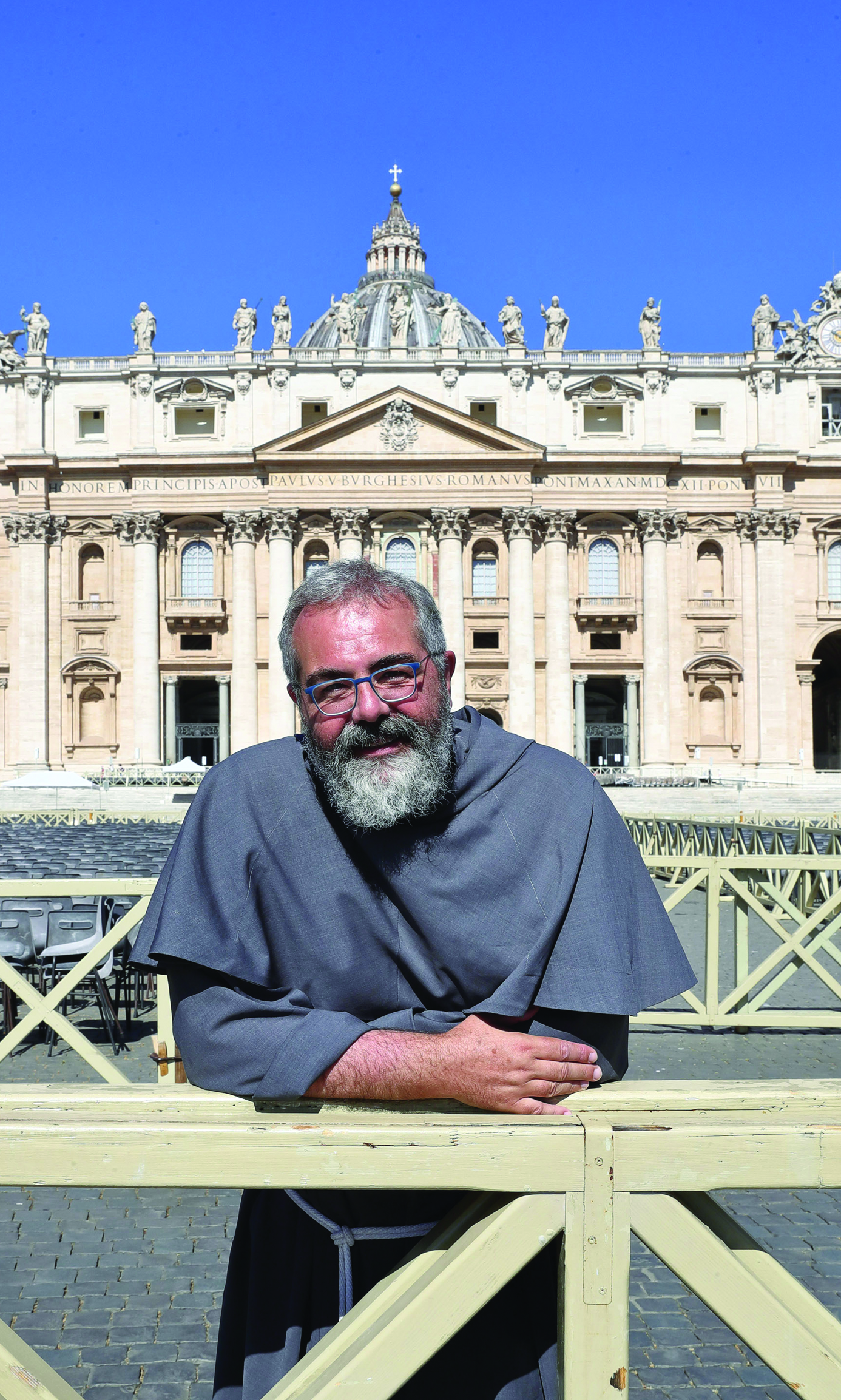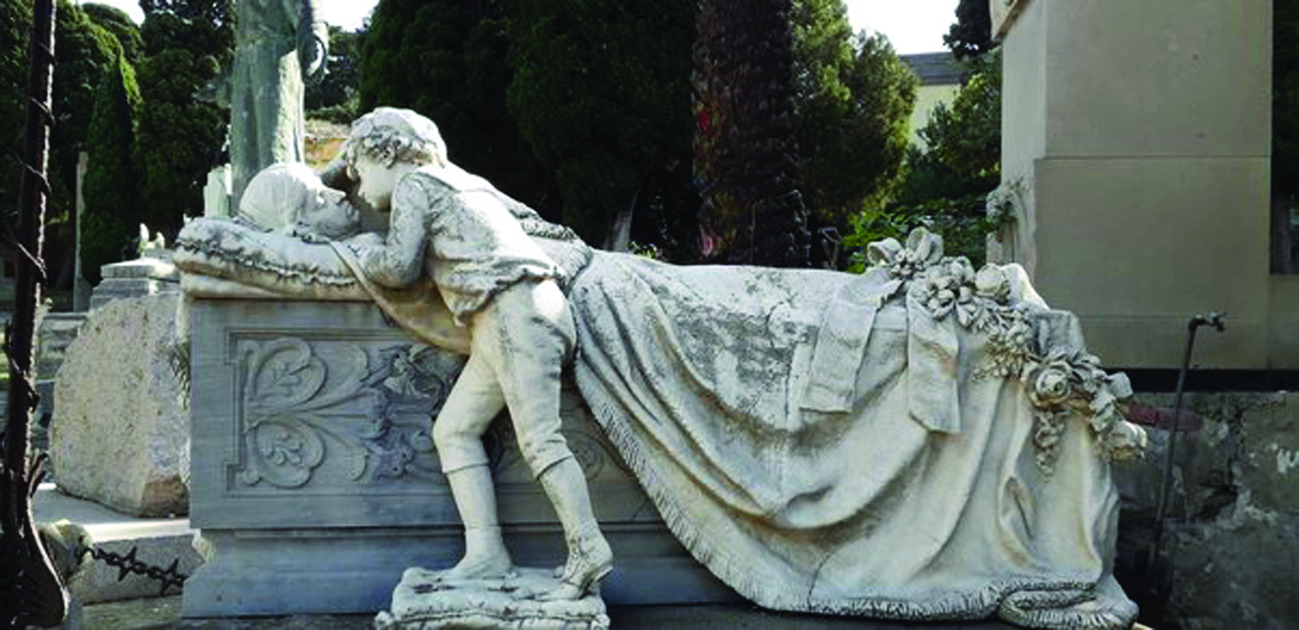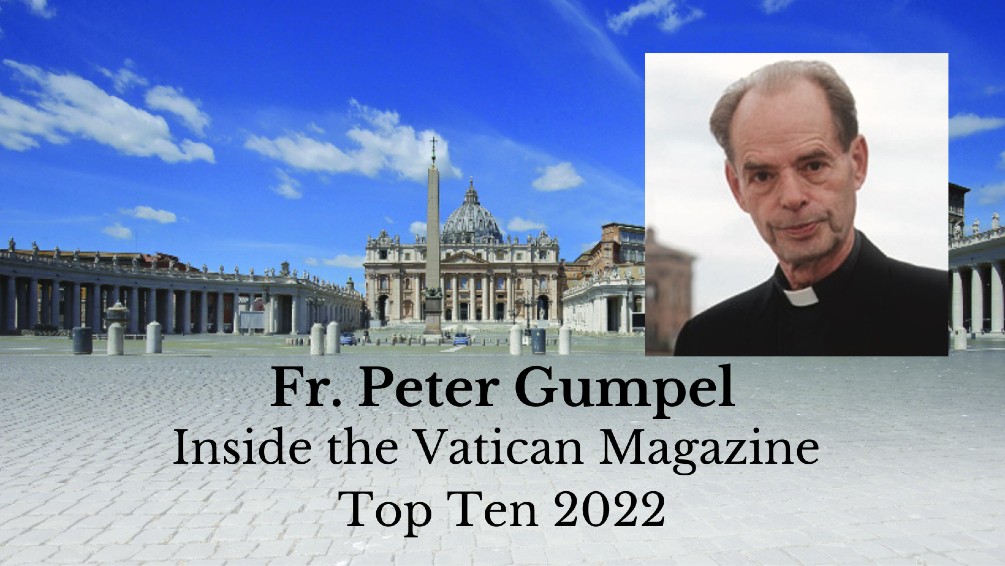The Memoirs of Cardinal Bertone
They just might be next year’s “literary event.” Cardinal Tarcisio Bertone, ex-Secretary of State (who is more than a little peeved because the Pope invited his predecessor, Cardinal Angelo Sodano, to the Synod, and not him, perhaps because he is judged to be too much of a Ratzinger supporter) is writing his memoirs. He is working on them calmly, and with precision, but it is certain – say sources close to him – that he wants to get some things off his chest.
Before, during and after “Vatileaks,” Cardinal Bertone was subjected to a barrage of accusations: at one point, a group of cardinals asked Benedict XVI to change Secretaries of State (a couple of years before the Pope’s 2013 resignation). But Ratzinger – even if he perhaps wasn’t always happy with his primary associate’s work — defended him loyally. And he continued to do so, which was unprecedented: for the first time, a Pope was defending his Secretary of State, instead of the contrary, which historically had been standard practice… The cardinal started writing as soon as he retired, a year ago. He has a solid wealth of documentary evidence to fall back on: in fact, he always kept a precise daily journal, writing down appointments, meetings, and the subject matter of interviews, from the moment Benedict XVI named him Secretary of State on June 22, 2006.
Memoirs aren’t usually the most popular of literary genres, and generally, even if the Vatican Secretary of State writes a book, the main theme is his life at the side of “Number One.” This means that Bertone’s book may well be an unprecedented work in its genre. It still isn’t known who will publish it, but it is certain that publishing houses will be making every effort not to let such a tantalizing book get away.
—Marco Tosatti (Vatican Insider)
Catholics and Hindus “together against indifference”
Christians and Hindus “must deepen their mutual respect and friendship, not by ignoring the essential differences that exist between the two religious traditions, but rather by understanding, acknowledging, and accepting them, and thus mutually respecting them,” says Mgsr. Felix Machado, President of the Office for Interreligious Dialogue and Ecumenism of the Catholic Bishops’ Conference of India. He was commenting to AsiaNews on the message sent October 20, the feast of Diwali in Hinduism, to the Hindu world by the Pontifical Council for Interreligious Dialogue.
According to the prelate, who also heads the office for dialogue within the Federation of Asian Bishops’ Conferences, India “is a multi-religious and pluralistic society, where the spirit of inclusion has always been promoted by Catholics. The Church encourages dialogue and cooperation with other faiths for the common good. We must face the many challenges that arise together, because together we can prosper. “
The message of Diwali, says Msgr. Machado, “reflects the thinking of Pope Francis: the globalization of indifference creates a culture of exclusion in which the poor, the vulnerable and the marginalized see their rights trampled upon. Anyone who lives on the margins is used and discarded as if an object. And that wounds everyone.”
On the contrary, “the Indian Catholic Church has always worked for the poor and the marginalized: for Dalits and tribals, women and girls in remote areas of the country, for the unhappy, regardless of religious identity, committed to defeating this globalization of indifference. We are engaged in interfaith and non-discriminatory dialogue, and will continue to cooperate with the state and with society for the common good. Dialogue between Hindus and Christians can become a model for other religions.”
—Nirmala Carvalho (AsiaNews)
Rome’s Gemelli Hospital: a Chapel dedicated to Saint John Paul II
October 22, 2014, was the first liturgical memorial of St. John Paul II, as established by Pope Francis; it marks the day in 1978 on which Karol Wojtyla celebrated his first Papal Mass and pronounced the historic statement that became the motto for his 27-year papacy: “Be not afraid! Open wide the doors to Christ!”
According to the Italian Bishops’ Conference-sponsored news agency, SIR, a Mass was celebrated to mark the occasion in the second-floor chapel of the A. Gemelli University Polyclinic in Rome. The chapel was dedicated to St. John Paul II at that time. This is the hospital where the saintly Pope stayed and was treated 10 times during his pontificate. During the event, a relic of St. John Paul II’s blood was placed in the chapel, safeguarded in a silver-colored shrine with a red backdrop.
The celebration of the chapel’s dedication, authorized by Cardinal Agostino Vallini, the Holy Father’s Vicar for the city of Rome, was presided over by Msgr. Claudio Giuliodori, Assistant Ecclesiastical General of the Catholic University.
Along with Giuliodori, the concelebrants were the chapel’s Franciscan chaplains and the pastoral assistants of Sacred Heart Catholic University, Rome campus. This event was awaited with great emotion on the part of the entire university community, due to the special bond between A. Gemelli Polyclinic and St. John Paul II.
“The witness of the Polish Pontiff during his many hospital stays left an indelible mark on the history and nature of Gemelli Polyclinic,” Msgr. Giuliodori said. “With the dedication of the chapel and the placement of the relics, we desire to make this bond even stronger, so that his example in facing illness, and his teachings on the value of suffering, continue guiding the activities of the Faculty of Medicine and Surgery of the Catholic University and this Polyclinic.”
—(R.P.)
Bishop: Decision to house those monitored for Ebola “right thing to do”
The bishop of Dallas, Texas, Kevin J. Farrell, said October 20 that he followed the teaching of Christ and stepped in to house the fiancee of Ebola victim Thomas Eric Duncan and three others for several weeks at a diocesan facility when no one else would.
The bishop’s acknowledgement coincided with the lifting of the 21-day quarantine for nearly four dozen people being screened for the Ebola virus with none showing any signs of the disease. It capped nearly a month of a scrambling by local, state and federal officials in trying to both combat the virus and calm the public’s fears about its spread.
—David Sedeno (CNS)









Facebook Comments